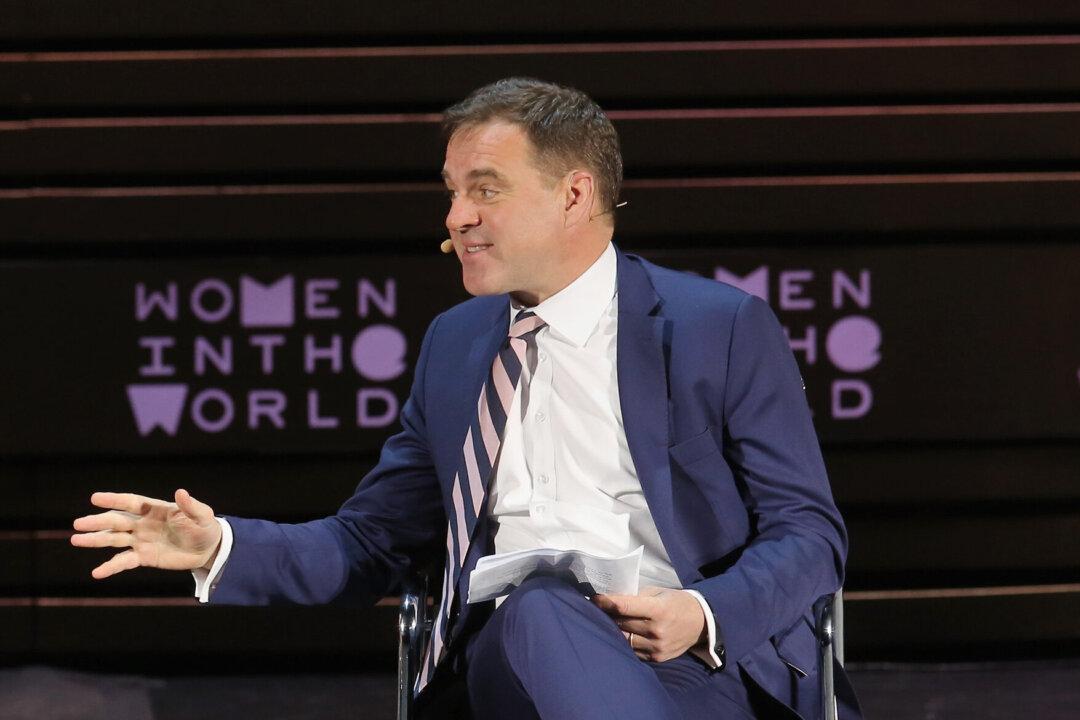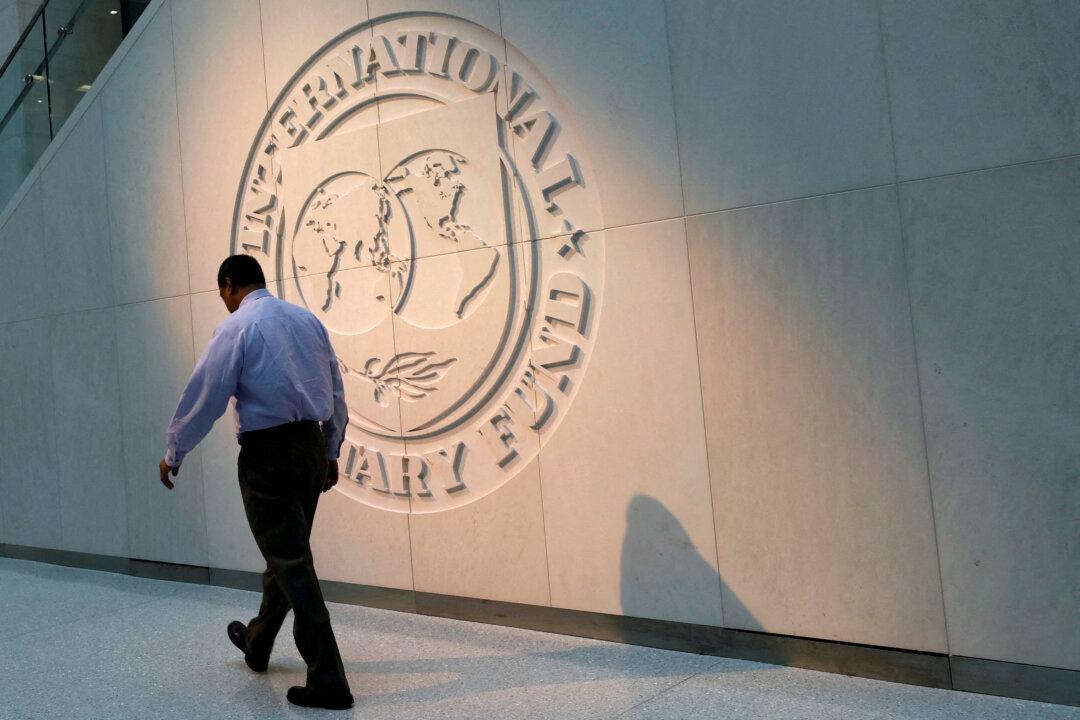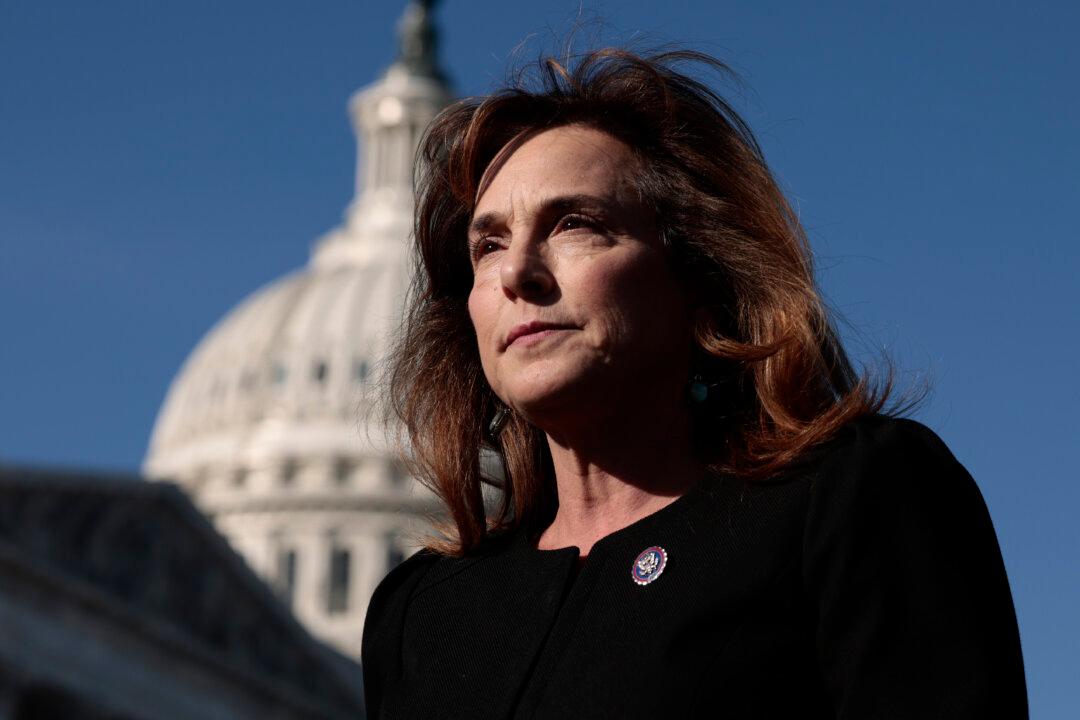The Stanford Graduate School of Business sponsored the Academic Freedom Conference, a two-day seminar in favor of free speech on Nov. 4 and 5, in response to what some prominent professors are calling a “loss of academic freedom” that’s underway at many Western universities.
Stanford economist John Cochrane is taking a stand against these now commonplace practices, wherein punitive actions are exacted against professors and students who indulge in opinions or scientific inquiries that challenge the status quo.




